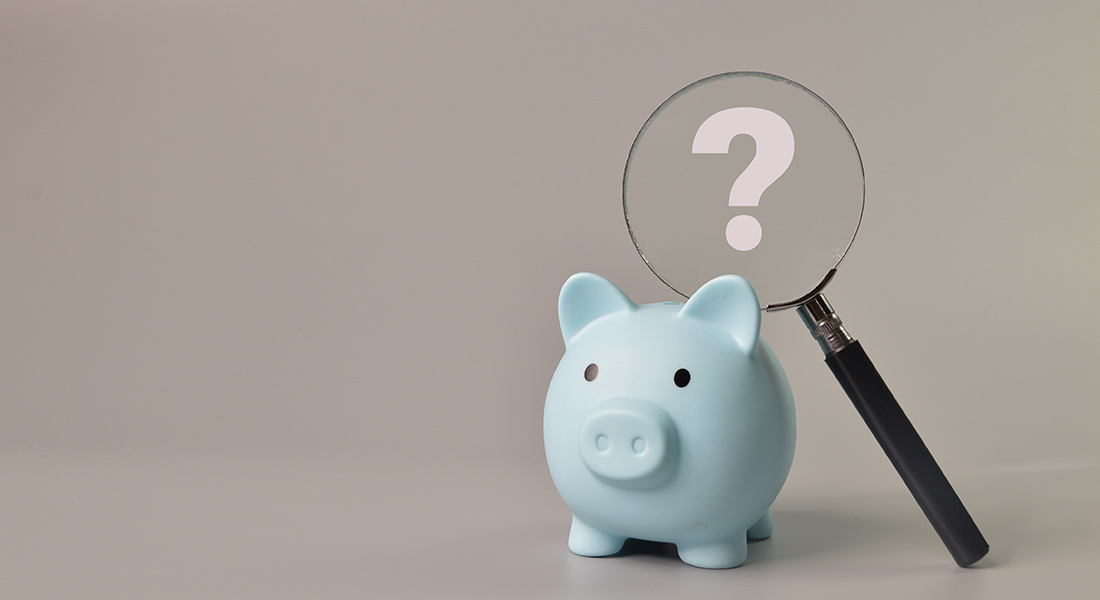Estimated reading time: 4 minutes
When the news features stories about interest rate hikes, decreased consumer spending, high unemployment, rising inflation, and stock market volatility, it is only natural to worry about a possible recession. After all, these things can lead to a recession when they occur over a specific period and show no signs of improvement.
So, just what is a recession? In this Balboa Capital blog post, we answer that question and explain what causes it and how it affects the economy and small businesses. You will find this information to be helpful and informative.
Definition of recession.
As mentioned in a New York Times article, the definition of recession dates back to 1974¹. Then, Julius Shiskin, an economist and Commissioner of the Bureau of Labor Statistics, described a recession as a period of economic decline lasting more than two consecutive quarters. Mr. Shiskin’s definition also included other indicators:
- A 1.5% decline in the gross national product (GNP)
- A decrease in manufacturing over two continuous quarters
- A 1.5% decline in non-farm payroll employment
- A reduction in jobs in more than three-quarters of business industries for two consecutive quarters
- An unemployment level of 6% or more
In summary, a recession is usually characterized by a shrinking gross domestic product (GDP), high unemployment rates, high-interest rates, decreased industrial production, slumping retail sales, and low consumer confidence.
How a recession affects the U.S. economy.
As mentioned earlier in this blog post, a recession can negatively impact the U.S. economy in many ways. For example, when people lose their jobs and unemployment rises, consumer purchases plummet, and businesses see fewer sales. And when there is less consumer spending, there is less production and manufacturing of goods and products in just about every industry. As a result, goods and services cost more, and property, vehicles, etc., are worth less.
Sadly, many people are not prepared for a sudden economic downturn and, as a result, experience severe financial hardship. For example, during a recession, people without sufficient savings risk losing their homes or cars when they cannot afford the mortgage or car payments. And let’s not forget credit cards, personal loans, or home improvement loans. Credit scores will take a hit if payments aren’t made on time, and collections agencies might end up calling.
How a recession affects small businesses.
The economic implications can extend well into the small business sector when the U.S. economy contracts. A recession can lead to reduced cash flow because consumers have less spending power than they have when the economy is firing on all cylinders. That means business slows, sales and profits decline, and loans and lines of credit become less affordable.
Cash constraints can result in late payments from small businesses to their vendors, suppliers, and manufacturers. Late payments result in decreased production output and can negatively affect the bottom line of vendors, suppliers, manufacturers, and other third-party business providers.
Next, small businesses dealing with financial issues resulting from a recession might need to decrease their marketing budget. As you know, marketing efforts such as a lead-generating website, paid search advertising, local print ads, email marketing, and direct mail are vital to the growth of many small businesses.
Industries that are affected.
A recession can affect every business industry, but some sectors are hit harder than others. These include retail, travel, restaurants, and housing/real estate. During a recession, people reduce their spending on non-essential expenses because they lack the funds to do so. As a result, people allocate their money to what they need instead of what they want.
Food, water, clothing, medicine, fuel, etc., are necessary expenses, whereas new automobiles, fancy dinners, lavish vacations, and expensive jewelry are discretionary expenses.
How to prepare for a recession.
As a small business owner, preparing for an economic downturn is a good idea. But, of course, this is easier said than done because you have many tasks and responsibilities. One way to prepare your company for a recession is to save as much money as possible throughout the year. For starters, when your company makes higher profits, consider depositing them in an interest-bearing business checking account. Then, over time, you can have surplus capital that can be used for future business-related needs.
Some other cost-saving ideas to consider are going paperless, managing company spending, and asking vendors and suppliers for discounts. In addition, you can finance equipment for your company instead of buying it outright. Equipment financing is popular among business owners because it helps maintain cash balances. The initial expense is minimal, and the monthly payments are designed to be budget-friendly.
Conclusion.
Recessions are a normal part of our nation’s economic cycle; they occur when certain factors affect the economy simultaneously. However, even for the most knowledgeable and experienced economists and financial experts, predicting a recession is difficult. A recession can be difficult, but it is temporary. Once it ends, the U.S. economy rebounds swiftly and begins an upturn.
Reference:
1. https://www.nytimes.com/1974/08/28/archives/recession-some-criteria-missing-so-far-there-will-be-no-recession.html
Balboa Capital, a Division of Ameris Bank, is not affiliated with nor endorses the New York Times or the Bureau of Labor Statistics. The opinions voiced in this material are for general information only and are not intended to provide specific advice or recommendations for any individual.
